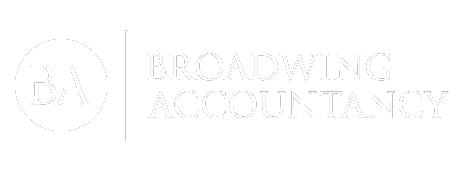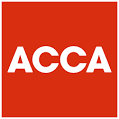Cloud Accounting is very much like traditional accounting, or self-install/stand-alone software accounting, only the accounting software is hosted on remote servers and users access the company’s information.
This practice does not require the user to install the software onto a computer or server, as all transactions are performed over the internet. The data is sent into the cloud, processed and returned to the user in real-time.
Users do not have to be office-based to access the accounting system, so remote users can access the same data/information and on the same software version too. Real-time reporting is available, providing visibility throughout the organisation and greater mobile capabilities and collaboration.
Many cloud accounting providers utilise a subscription-based model, and in most cases these subscriptions are usage-based. Companies that pay a cloud accounting subscription receive updates to the software as soon as they arrive, with no additional software purchases required.
Cloud accounting follows the same financial standards as traditional accountants, although the tools maybe different, the policies they abide by are the same.
What are the differences between Cloud Accounting and Traditional Accounting?
- Flexibility – accounting data can be accessed from anywhere on any device with an internet connection using cloud accounting. The more traditional method only allows users to access the information on a few office-based computers.
- Real-time Information – cloud accounting automatically updates financial information, providing real-time financial reporting. Therefore, account balances are always accurate and fewer errors occur due to manual entry.
- Software Functionality – allows users to handle multi-currency and multi-company transactions more efficiently.
- Hardware & Licences – each time an organisation grows, it’ll incur costs for software licences and fees for database, systems management and other software, as well as expensive capital purchases of new hardware, e.g. servers. Therefore, an increase in maintenance costs will also be incurred. Cloud solutions require less maintenance, and the cloud provider completes the backups, updates occur automatically and nothing is required to be downloaded or installed on any computer.
With cloud solutions, organisations do not get stuck with these added costs. All cloud accounting software solutions are purchased on a contractual basis, so prices are fixed for the contract term. Prices may rise on renewal.
- Investment – a computer and an internet connection are the only can’t-do-without investment.
- Access – users have access to financial data/information 24/7, can input new information or generate a report at any time of day from anywhere in the world. Traditional methods have limited working hours. Depending on how often you access your cloud accounting, your subscription may cost less than what professional accountant would charge for the same availability.
What about Cloud Security? Is my financial data secure?
The short answer – Yes!
Traditional accounting software is stored on a company computer/laptop/server with critical financial information that could easily be lost or stolen, leading to an information breach. Cloud accounting is somewhat more secure, as it leaves no trace of financial data on company computers and access to sensitive data in the cloud is encrypted and password protected.
Worry-free data sharing – cloud accounting allows company personnel access rights to the same system with their unique passwords, whereas traditional methods often require USBs to transport data. This could again be easily lost or stolen in transit.
Cloud providers often have backup servers in two or more different geographical locations, so if one server should go down, you’ll still be available to access your data. Traditional methods, the data could be destroyed or damaged in a fire or natural disaster, and never be recovered.
Savings? Can cloud accounting save money?
Cloud accounting requires less initial server infrastructure to store data, so IT staff are not required to maintain or update the cloud accounting system, so therefore expenditure on overheads and software purchases are reduced considerably. It would be the exact opposite for the more traditional method; every time an organisation grows would mean an increase in new software licences, fees for the database, systems management and maintenance costs.
Who can implement cloud accounting?
The experts – Broadwing Accountancy!
We provide support to you and your business needs in 3 areas – Outsourced Accounting, Personal & Corporation Tax, and Specialist Projects & Compliance.
Just like cloud accounting, our dynamic and imaginative solutions solve your problems – saving you time and money. We’re here to simplify your life!
To find out how Cloud Accounting and Broadwing Accountancy could benefit you and your company, contact Brian Munjanja on 01604 328328, or email your questions to [email protected].






